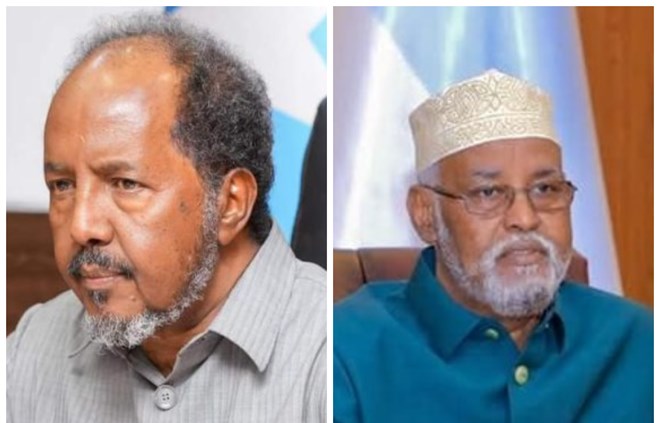
Tuesday November 26, 2024

Somalia's government on Tuesday said it will not recognise the re-election of the southern Jubaland region's leader, highlighting a growing rift with its semi-autonomous states.
The regional parliament in Jubaland on Monday re-elected Ahmed Madobe, a former warlord in power since 2012, as its leader.
But the central government said the process was "unlawful" as Madobe was ineligible to run after serving the constitutional maximum of two terms.
Conflict-weary Somalia is a federation of five semi-autonomous member states -- Puntland, Jubaland, Galmudug, Hirshabelle and South West -- and a central government in Mogadishu.
The attorney general was instructed to "urgently" file a lawsuit against Madobe at the Supreme Court, government spokesman Farhan Jimale said in a statement.
Madobe preempted opposition from Mogadishu on Monday, saying "nobody is in charge other than me now".
Somalia, which is struggling to emerge from decades of fighting, had hoped to align Jubaland's polls with plans to introduce nationwide universal suffrage elections next year.
Somalia's leaders have up to now been selected by a complex system of indirect voting by clan leaders.
Direct voting exists in the breakaway region of Somaliland, which declared independence in 1991 and runs its own affairs, but is not recognised internationally.
Neighbouring Kenya and Ethiopia see Jubaland -- a lush, relatively prosperous part of Somalia where they have many troops -- as a buffer against Al-Shabaab militants who have staged several bloody attacks in their countries.